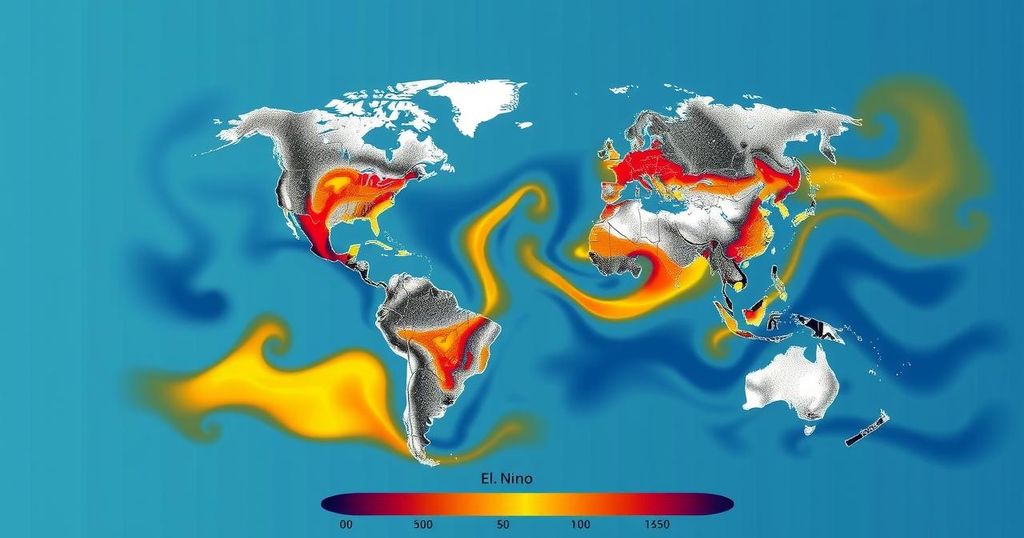New Climate Finance Agreement from COP29: Implications and Challenges

COP29 concluded with a new climate finance agreement raising assistance for developing nations to $300 billion by 2035. This increase, while positive, is deemed insufficient by climate advocates given the growing crisis. Climate-related disasters, influenced by El Niño and La Niña, have impacted over 1.6 billion people, with economic losses estimated at $115-300 billion annually, disproportionately affecting low-income countries, particularly in Africa.
The recent conclusion of the United Nations Climate Change Conference (COP29) in Baku resulted in a new agreement that aims to increase climate finance for developing nations to $300 billion annually by 2035, a significant increase from the previously allocated $100 billion. Despite this advancement, advocates assert that the measures implemented remain significantly insufficient to address the urgent needs of those most affected by the climate crisis. With this year potentially being the first to surpass the crucial threshold of 1.5°C in temperature rise, the anticipated consequences of climate change loom larger than ever.
Climate fluctuations, influenced by phenomena such as El Niño and La Niña, have exacerbated extreme weather conditions, affecting over 1.6 billion individuals in the past five years. The economic toll from climate-induced disasters is staggering, with estimates ranging between US$115 billion to $300 billion every year. Low-income nations, particularly in regions such as Africa, face dire repercussions, with climate change inflicting costs equivalent to 5-10% of their annual GDP.
It is imperative to pursue climate justice for the populations residing in climate-sensitive regions who contribute insignificantly to global emissions yet remain disproportionately impacted. There is a pressing need for enhanced support to facilitate climate adaptation and resilience-building initiatives to prevent these communities from being left to bear the brunt of the crisis alone.
The backdrop of the ongoing climate crisis is underscored by the challenges posed by global warming, which threatens ecosystems and human livelihoods. Events like El Niño and La Niña are significant contributors to extreme weather patterns that further exacerbate the impacts of climate change. The recent climate finance agreement reached at COP29 represents an important initiative towards mitigating these impacts, particularly for developing countries that experience the most severe consequences. However, ongoing debates emphasize that despite financial advancements, the global response to climate change remains critically insufficient to protect vulnerable populations.
In summary, the outcomes of COP29 represent a positive, albeit insufficient, stride towards addressing climate finance for developing nations. The increasing severity of climate events and their devastating impacts on economically vulnerable countries highlight the urgent necessity for enhanced support and climate justice efforts. It is essential to mobilize resources effectively to ensure that those most affected can build resilience and adapt to the changing climate, thereby protecting their future livelihoods.
Original Source: reliefweb.int






